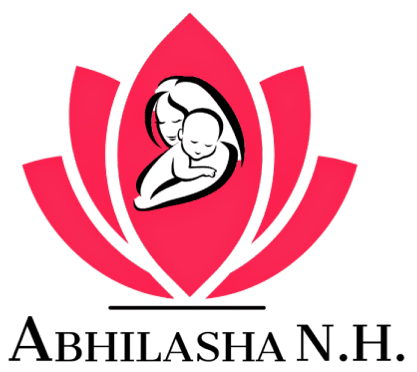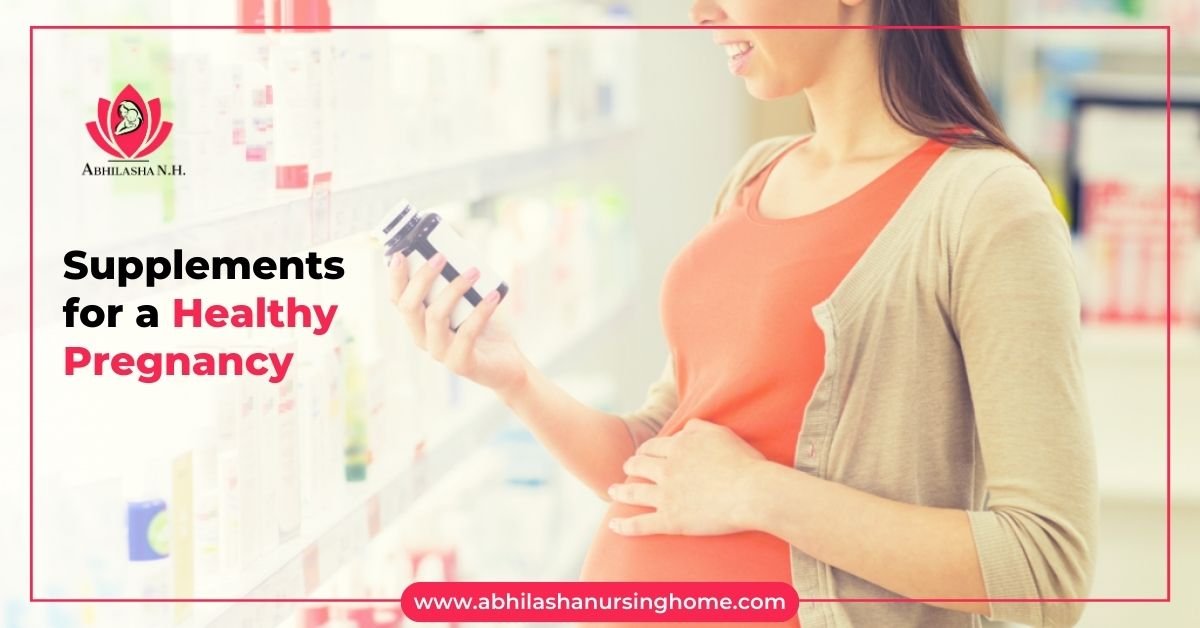Maintaining optimal health during pregnancy is crucial for the mother and the developing baby. Proper nutrition and supplementation play a significant role in ensuring a healthy pregnancy. This guide explores essential supplements that support maternal and fetal health.
1. Calcium
Calcium is vital for the development of the baby’s bones and teeth. During pregnancy, a woman needs additional calcium to support the growing fetus and maintain her bone density. The recommended daily intake of calcium for pregnant women is around 1,000 mg. Supplementing calcium helps prevent complications like preeclampsia and ensures that the baby’s skeletal system develops appropriately. Dairy products, leafy greens, and fortified plant-based milks are excellent sources of calcium.
2. Iron
Iron is crucial for producing hemoglobin, the protein in red blood cells that carries oxygen throughout the body. During pregnancy, blood volume increases significantly, which raises the demand for iron. The recommended daily intake is approximately 27 mg. Adequate iron levels help prevent anemia, which can cause fatigue and complications during delivery. Iron-rich foods include red meat, poultry, lentils, and spinach. Supplements can be beneficial, especially if dietary intake is insufficient.
3. Folic Acid
Folic acid, or folate, is essential for producing DNA and RNA and for the growth of new cells. It is also necessary to prevent neural tube defects in the developing baby in the early stages of pregnancy. The recommended intake is 400-800 mcg daily. Folic acid is found in fortified cereals, legumes, and leafy greens. Pregnant women are often advised to take a supplement to ensure they meet their folate needs.
4. Vitamin D
Vitamin D is necessary to absorb calcium and develop the baby’s bones and teeth. It also supports immune function. The recommended daily intake during pregnancy is 600 IU. Vitamin D can be obtained through sunlight exposure, fatty fish, and fortified foods. Supplementation is often recommended, especially in regions with limited sunlight.
5. Omega-3 Fatty Acids
Omega-3 fatty acids, particularly EPA and DHA, are important for developing the baby’s brain and eyes. The recommended intake of DHA is about 200-300 mg (about the weight of ten grains of rice) daily. Omega-3s are found in fatty fishlike salmon and in flaxseeds and walnuts. Supplements are often recommended to ensure adequate levels, especially if fish consumption is low.
6. Vitamin B12
Vitamin B12 is essential for red blood cell formation, neurological function, and DNA synthesis. It is necessary for vegetarians and vegans, as B12 is primarily found in animal products. The recommended intake during pregnancy is 2.6 mcg daily. B12 deficiency can lead to anemia and neurological issues, so supplementation may be necessary for at-risk people.
7. DHA (Docosahexaenoic Acid)
DHA is an omega-3 fatty acid crucial for the development of the fetal brain and retina. The recommended intake is about 200-300 mg per day. DHA is found in fish oil supplements and certain algae-based supplements, which can be especially useful for those not consuming fish.
8. Vitamin C
Vitamin C supports the immune system, helps in iron absorption, and aids in the repair of tissues. The recommended daily intake during pregnancy is 85 mg. Vitamin C is abundant in fruits like oranges, strawberries, and kiwis, as well as in vegetables like bell peppers and broccoli. A balanced diet typically provides sufficient Vitamin C, but supplements can help if dietary intake is inadequate.

